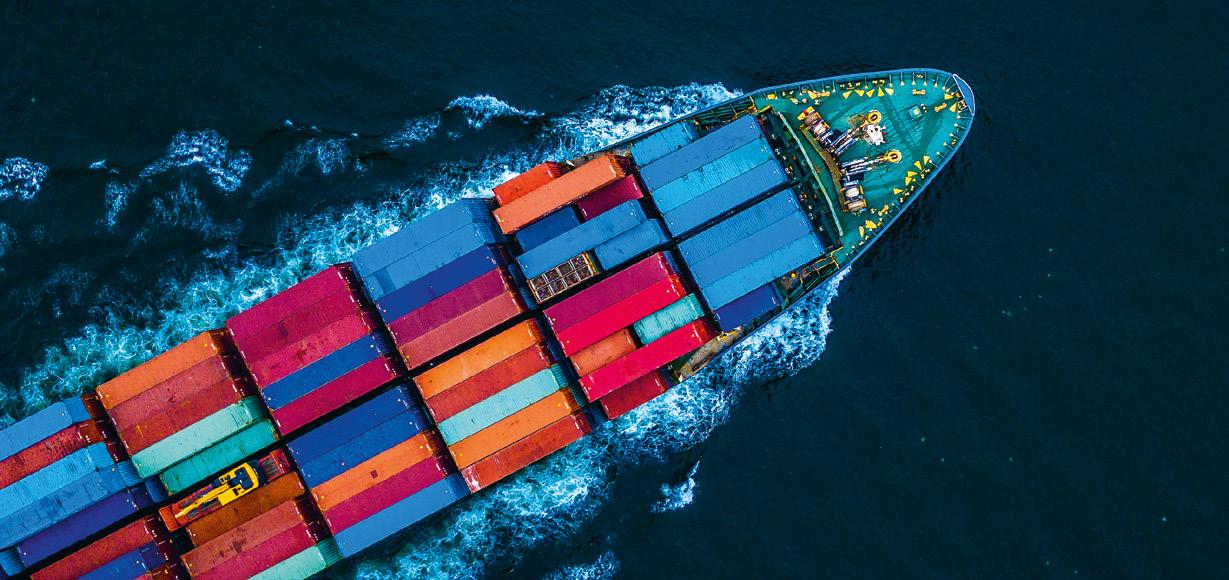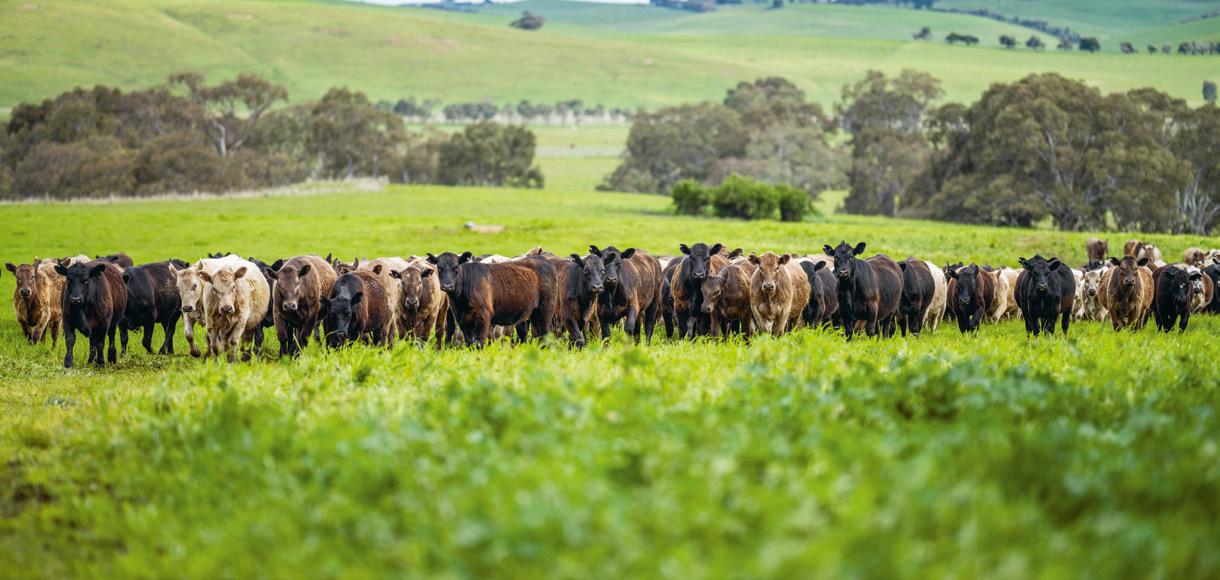
3 minute read
Research about freight transport networks, agrifood systems and scientific books through EU funding
Hanken School of Economics has been granted substantial EU funding through the Horizon Europe programme for three research projects. The topics are resilience of freight transport networks in Europe, more sustainable agrifood systems and free access to scientific books.
Project name: ReMuNet - Resilient Multimodal Transport Network
Advertisement
Timeframe: July 2023–June 2026
Funding for Hanken: EUR 377 000
Resilience of freight transport networks in Europe
The ReMuNet project will focus on the resilience of freight transport networks in Europe.
“Our transport networks have never been so disruptive as they are today. We want to make the networks more resilient and more sustainable for the future”, says assistant professor Sarah Schiffling at Hanken's HUMLOG Institute.
Key reasons behind the current vulnerability of our transport systems are well-known to all of us: the coronavirus pandemic, the war in Ukraine and climate change.
The project is looking at resilience across different transport modes and is focusing on some of the major transport arteries within Europe: from the Netherlands to the Black Sea on the Rhine and
Danube, and on transports from the North Sea into the Baltic Sea. The research project is a co-operation between various organizations across Finland, Denmark, Belgium, Germany, and Austria. The consortium is led by Aachen University in Germany.
The target groups of the project are, among others, policymakers, infrastructure and transport providers and humanitarian organisations. However, Schiffling states that these issues affect everybody.
“The disruptions are not going to get fewer, on the contrary, and it’s a worldwide issue that we need to learn how to deal with. But we're trying to lay the groundwork here that the global transport systems can keep going.”
Project name: TC4BE - Transformative change for biodiversity and equity
Timeframe: December 2022–December
2026
Funding for Hanken: EUR 2 000 000
More sustainable agrifood systems
Demand for agricultural commodities in the EU are driving land use change in biodiversity-rich countries in for example Africa and Latin America, leading to major biodiversity losses. The TC4BE project aims to generate new knowledge and tools on how to make agrifood systems more sustainable.
The project is coordinated by the University of Wageningen and the project partners consist of European universities and partners from the target countries, including researchers from indigenous peoples’ communities.
“We couple producers from for example big cattle farms in Brazil and large monocultural farms in Kenya with the consumers in the EU to get the right tools to tackle biodiversity loss”, says Othmar Lehner, director of the Hanken Centre of Accounting, Finance and Governance.
The interdisciplinary project will have researchers from fields such as geography, biology, sociology and accounting. Hanken brings the accounting knowledge on how to measure sustainability.

“Hanken’s part is basically accounting for biodiversity: How can we improve the situation and measure success? How can we control and steer it?”
For this, Lehner and his team will further develop green biodiversity bonds as a way to help agricultural producers fund their transition toward more biodiversity.

Project name: Palomera - Policy Alignment of Open access Monographs in the European Research Area
Timeframe: January 2023–December 2024
Funding for Hanken: EUR 171 250
Facilitating free access to scientific books
The aim of the Palomera project is to investigate how scientific books could become more openly accessible on the internet.
“Free access often results in a huge increase of readers and even citations”, says associate professor Mikael Laakso.
In addition to European universities, various umbrella organisations for libraries, research funders and publishers are involved in the two-year project.
“We will get an overall picture of the challenges and possibilities of publishing open science in book form. Individual scientific articles have been so highly prioritised when it comes to free access that longer formats, such as books, have fallen a bit behind”, says Laakso.
The purpose of the project is to create a joint, open knowledge database so that relevant actors have access to analyses and best practices of arrangements in various countries. The question of free access to scientific books is not without problems, as the publishers earn money by having them behind a paywall. The authors would also lose out on royalties.
“The question is how to convince authors that it is more valuable to have books that can be read by everybody around the world than to receive any royalties. Another important issue is how prepared countries are to support this process, both in terms of science policy and financially. Right now, we do not have any good widely adopted financing models.”










